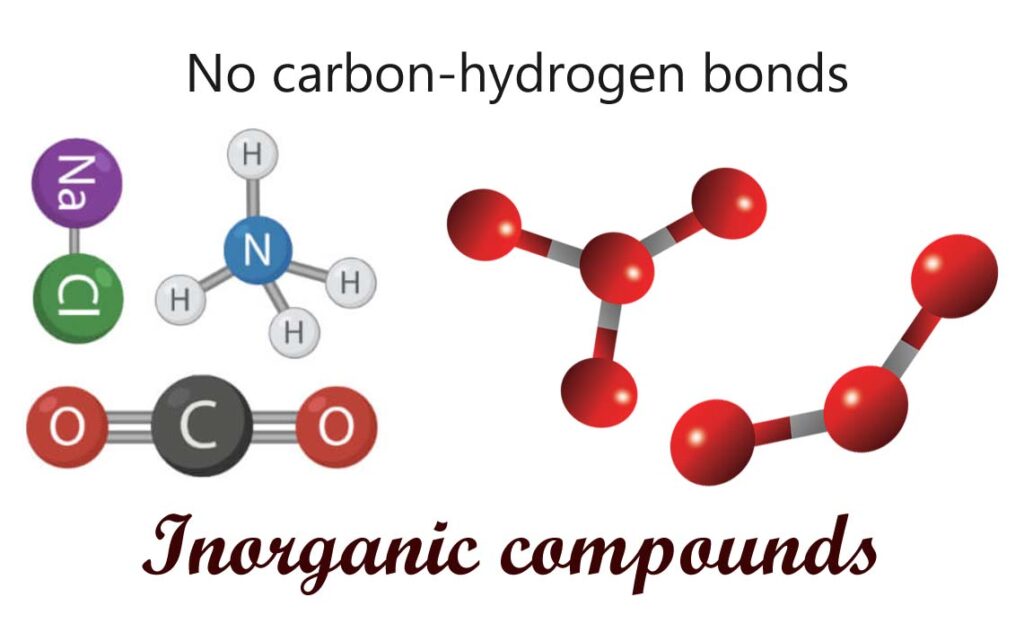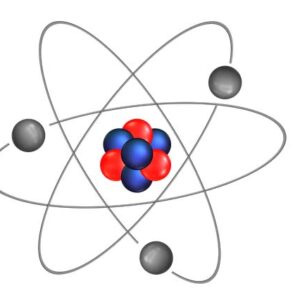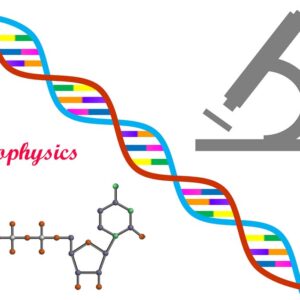
The area of chemistry known as “inorganic chemistry” studies the characteristics and behaviour of molecules without carbon-hydrogen bonds, commonly referred to as “inorganic substances”. These substances consist of metals, minerals and other inorganic substances. A broad discipline with several subdisciplines and useful applications, inorganic chemistry.
The structure and bond of inorganic compounds is one of the primary research areas in inorganic chemistry. Simple ions to large molecules make up the enormous variety of structures seen in inorganic substances. Inorganic chemists investigate how atoms are joined in these molecules and how these bonds impact their chemical and physical properties. This includes studying solid-state chemistry which focuses on the characteristics of inorganic compounds in the solid state, as well as coordination chemistry which examines the bonding of transition metal ions to ligands.
Chemical reactions and synthesis are an additional crucial subject to research in inorganic chemistry. Inorganic chemists research the interactions between inorganic substances and how these interactions might be exploited to create new molecules. This includes researching redox chemistry, thermodynamics and acid-base chemistry. In addition, inorganic chemistry has numerous real-world uses in a variety of industries. Inorganic chemistry is a tool used in materials science to create novel materials including ceramics, catalysts and semiconductors. Inorganic chemistry is utilised in environmental research to analyse air and water pollution and to create novel techniques for decontaminating contaminated locations.
Inorganic chemistry is crucial to the creation of novel drugs and the identification of disorders in the realm of medicine. Inorganic chemistry is employed in the energy sector to create innovative energy-producing and -storing devices like solar cells and batteries.
Overall, the topic of inorganic chemistry is one that is incredibly diverse and exciting. It has numerous practical applications in a variety of domains include materials science, environmental science, medicine and energy and it is crucial for comprehend the characteristics of many different kinds of materials.
Inorganic chemistry is also studied in the following areas:
- Bioinorganic chemistry: This branch of inorganic chemistry studies how inorganic substances interact with biological systems. It investigates how inorganic substances interact with biomolecules such proteins, nucleic acids and enzymes as well as how these interactions affect diverse biological processes.
- Environmental inorganic chemistry: This branch of inorganic chemistry studies how inorganic compounds behave in the environment including the analysis of air and water pollution and the fate of inorganic compounds there.
- Geochemistry: is an area of research within inorganic chemistry that focuses on the analysis of the chemical make-up and behaviour of the Earth including the analysis of minerals, rocks the atmosphere and the oceans.
- Nuclear chemistry: This branch of inorganic chemistry studies how elements and isotopes behave including nuclear processes, radiation and the behaviour of radioactive materials.
- Physical inorganic chemistry: This branch of inorganic chemistry focuses on the study of thermodynamics and kinetics as well as the physical characteristics of inorganic substances such as the behaviour of gases, liquids and solids.
- Theoretical inorganic chemistry: This branch of inorganic chemistry focuses on understanding and predicting the behaviour of inorganic chemical systems via the application of mathematical and computational techniques.
- Materials Inorganic Chemistry: The study of inorganic compounds as possible materials, such as for electronic and optical applications is the focus of the inorganic chemistry subdiscipline.
- Synthetic inorganic chemistry: This branch of inorganic chemistry is concerned with the creation, synthesis and analysis of novel inorganic substances with particular features and uses.
- Organometallic Chemistry: This branch of inorganic chemistry studies molecules with a metal-carbon link. These compounds have a variety of uses, from catalysts to therapeutics.
- Coordination Chemistry: This branch of inorganic chemistry focuses on the study of the characteristics of coordination compounds which are molecules in which transit metal ions are bound to ligands.
- Nanochemistry: is an area of inorganic chemistry that focuses on the creation, production and investigation of inorganic substances at the nanoscale.
- Inorganic Materials Chemistry: The study of the characteristics and behaviour of inorganic compounds in the solid state, as well as the creation of new inorganic materials with desired qualities, are the focus of inorganic materials chemistry, a subfield of inorganic chemistry.
With close ties to fields of research like materials science, environmental science, biology, physics and engineering, inorganic chemistry is a highly interdisciplinary field. To comprehend and create novel inorganic substances, inorganic chemists employ a wide variety of techniques and procedures such as computational methods, spectroscopy, crystallography and synthetic chemistry.









